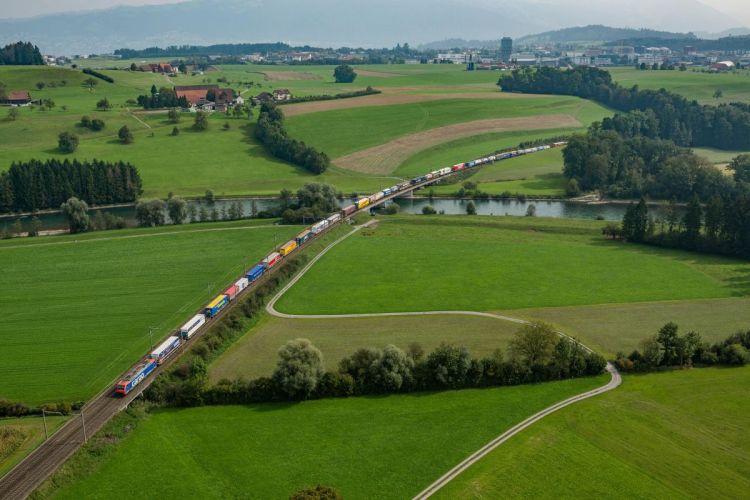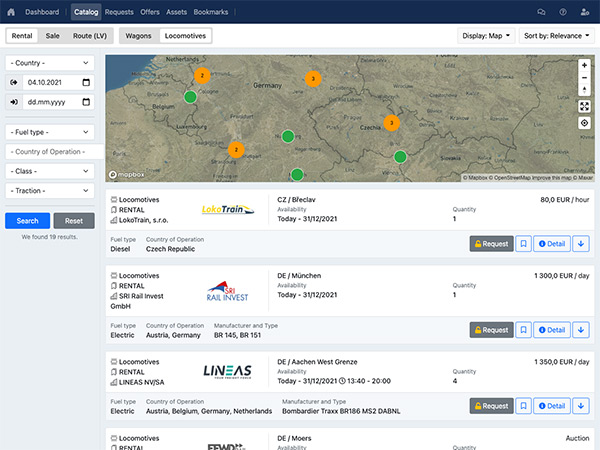However, such support must be focused on last mile services and must not distort competition with other rail freight services.
ERFA President, Dirk Stahl, stated: “Operational aid can play an important role in the development of the rail freight market, but it needs to be targeted and focused. State Aid must not be used to support unviable business practices or undermine competition. Support for SWT can be positive for the sector, but only where there is a clear understanding of the role of such aid, namely last mile connections, and conditional to the organizational and financial separation of the activities in receipt of financial aid which is enshrined in law.”
According to ERFA, these points must be recognised:
- Firstly, any financial support granted directly to rail freight operators has the potential to distort competition in the rail freight market. It is therefore essential that, where financial support is granted to SWT (single wagonload traffic), these activities of the operator receiving the support - which will in most cases be the national incumbent - are separated organisationally and financially from other rail freight services, such as block train operations. Otherwise, competition in block train segments between incumbents and challengers could be distorted.
- Secondly, financial support should be limited as much as possible and targeted where there is a sectoral benefit that incentivises volume growth and potential for modal shift from road to rail.
- Thirdly, any system of financial support should promote efficiency and, where necessary, facilitate possible cooperation between railway undertakings to avoid redundancies. It should definitely not support certain inefficient operational practices.
- Fourthly, direct aid to specific rail freight operators should be avoided and any aid mechanism should be non-discriminatory, i.e. definitions of relevant concepts (such as sidings and shunting tracks) should not favour any particular market player. The focus of the aid should be on financial support for the costs of last-mile services, which should be offered to all market players on a non-discriminatory basis.
Instead, the focus of support for SWT should be where it is most needed and of most benefit to the sector, i.e. the costly part of the last mile, and not for long-distance trains between marshalling yards. This means that the focus of the aid should be on a subsidy per manoeuvre (last mile service), especially for less used sidings (low volume and frequency of service), as opposed to subsidies supporting long distance operations via SWT. This would also result in subsidies not only to incumbents but to all actors involved in rail freight.
ERFA Secretary General, Conor Feighan, concluded: “The upcoming revision of the State Aid Guidelines for Railway Undertakings will play an important role in setting the conditions for any aid for specific rail freight operations such as SWT. It is essential that the revised Guidelines clearly limit the scope of any financial aid whilst also establishing safeguards, as outlined, which will protect competition within the rail freight sector.”

